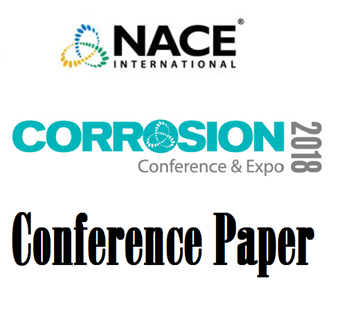Search
New Axially Loaded Full Ring Test Method for Assessment of Susceptibility of Girth Welds and Parent Pipe to Sour Service Cracking
Also Purchased
51318-11229-Sour Service Fitness for Purpose Testing of Linepipe using Full Ring 4-pt BB and Large DCBs
Product Number:
51318-11229-SG
Publication Date:
2018
$20.00
51314-3893-Hydrogen Induced Cracking (HIC) Assessment of Low Alloy Steel Linepipe for Sour Service Applications
Product Number:
51314-3893-SG
ISBN:
3893 2014 CP
Publication Date:
2014
$20.00
99608 The Full Ring Test Enables Detection of Susceptibility to Cracking in Sour Service
Product Number:
51300-99608-SG
ISBN:
99608 1999 CP
$20.00




